One must always be prepared for the ups and downs of travel.
Don’t talk to me
By Khyla Wallace
CATCALLING IS AN international epidemic among women. It seems no matter how we dress, whether it is modestly or not, men seem to feel the need to express their desire toward us.
Unsolicited male attention is something that frightens me in the U.S., but even more so when I’m overseas. Regardless of this, as one of my classmates said recently, “‘No’ is a universal term.” For whatever reason, though, men either can’t comprehend when we tell them “no,” or they just simply don’t give a damn.
Catcalling in Peru varied. Men in a car shouted things such as “Ayo, shorty with the glasses.” Others whistled or blew kisses. I can say with 100 percent certainty that I was not interested.
In one incident, I was walking alone to our hotel after a failed attempt at visiting a gay bar by Kennedy Park in Miraflores, Lima.
Crossing the street, being mindful of my surroundings, a man whistled and said, “Ay, chocolate.” My initial response was to turn around and suck my teeth. I would have wanted to so much more, swear at him or flip the bird, but I remembered that I was alone in a foreign country. I wasn’t certain about how he would have reacted to that, even though it’s something I wouldn’t hesitate to do in certain places in the U.S.
It’s all in your head
By Sophie Pokorny
I HAD BEEN to high altitudes. At least I thought I had. Maybe I’m remembering things differently. Maybe these places were not as high as I had thought.
In the days leading up to traveling to Cusco, our group had discussed fears of altitude sickness or “soroche,” as Peruvians call it. Some had brought medicine. I didn’t bother. I was positive that I wouldn’t get sick. I had been on mountain tops before.

I remember that on the morning of Jan. 12, 2018 we boarded a plane to Cusco (altitude 11,152 feet). When we claimed our baggage, I began to feel strange.
I tried to push it out of my mind, determined that I wouldn’t get sick. I ignored the sign announcing “Three Leaves Free” (coca leaves) at the entrance of baggage claim. However, I still felt some kind of lightheadedness. Or maybe it was some kind of pressure. The feeling was hard to describe. Then one of the students asked how we were feeling. All I could say was that I felt something.
We arrived at the hotel, and I walked quickly to my room to put my luggage away. I reacall feeling suddenly winded, breathing as if I had just sprinted across the hallway. I realized I was feeling the altitude more than I thought.
All I wanted to do was sleep, but we forced ourselves to get up and go out for the planned activity of the day.
We were to visit the Qorikancha (Temple of the Sun) and the Cathedral of Cusco. The tour guide promised that what we were feeling was mostly in our heads. All I could think about was the fact that they lived here. I accepted the offered coca tea hoping it would help.
Our guide was eager to hear our questions, but we were all exhausted, feeling the altitude. It was hard to stand for too long; all of us were lightheaded and quiet. We ended the day and apologized for our lack of excitement and promised that the next day we would be much more awake.
Being a touristy tourist
By Emma Jensen
WHILE I WAS living in Germany, I was frequently worried about looking like an American tourist. “Do I look too American?” I would ask my host sister. I would adapt my clothing to German style and would avoid taking too many photos in public. I enjoyed pretending I knew what I was doing and fitting in with the locals.
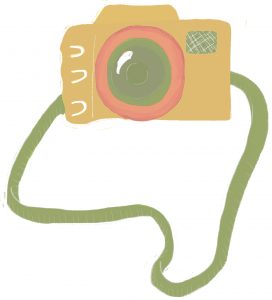
In Peru, I was very obviously a tourist. I didn’t blend in, and I got a stupid, wide-eyed blank look on my face when someone spoke to me in Spanish. At first, this made me uncomfortable. I hated the label of being a tourist.
Eventually, I learned to embrace this feeling. There was no way I could avoid it. For every person who is rude to tourists, there are a thousand who are kind.
I wore my ugly, comfy hiking boots and kept my camera strapped around my body, taking photos and videos of everything. In retrospect, I’m glad I did because my feet were comfortable, and I have a million photos to look back on.
A change of pace
By Emma Jensen
I FEEL THAT in order to fully reflect on our travels, I need to acknowledge the aspects I didn’t enjoy. I love Peru; the culture is wonderful and I had a really good time. However, two things stood out to me in contrast to what I experience in Chicago.
The first is that I noticed the pace in Lima is a lot slower than what I’m used to. People walk a lot slower. Being tall and typically in a rush, I felt I was constantly running into others and trying to weave around people. Also, the service was a lot slower. Dinners usually took at least two hours, and even just stopping to get a coffee would take almost 30 minutes.
The slower pace is something I could probably get used to. On the other hand, I would never be able to get used to the harassment. Men slowed down in their cars and yelled out the windows. They spoke to me as they walked by on the sidewalk. A man made kissing noises inches from my face while I was strolling through Lima with my classmates. I merely rolled my eyes. I’m used to being catcalled in Chicago; however, I felt men were more aggressive in Lima.
Still, I love Peru. And I believe that experiencing cultural differences is one of the most important parts of traveling.

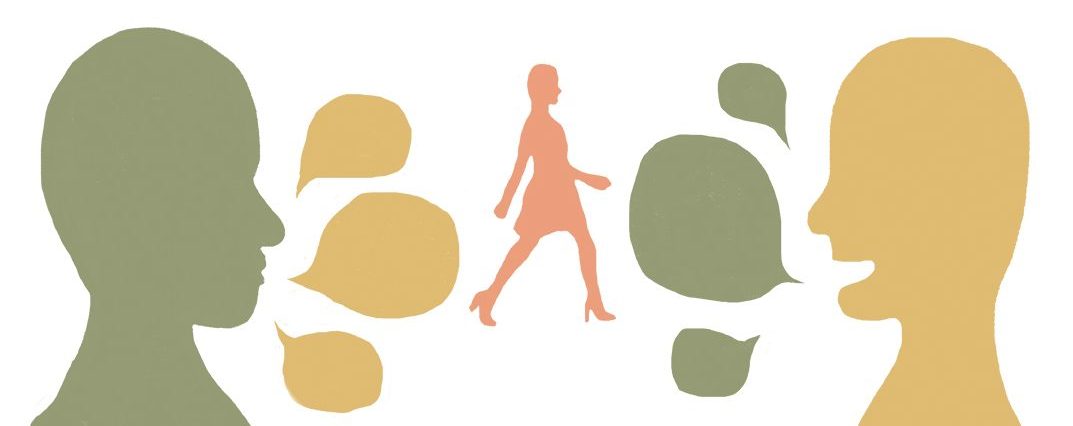


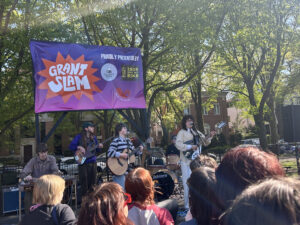

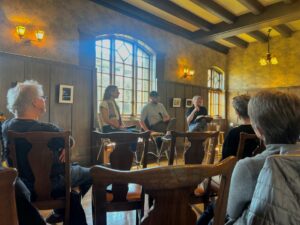

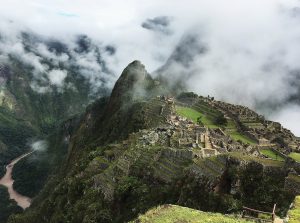
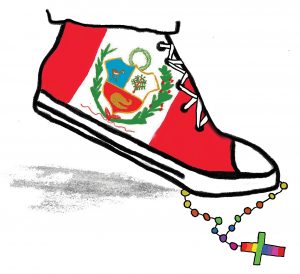

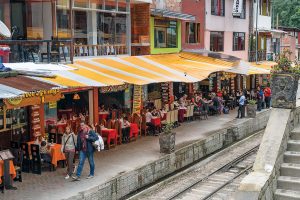
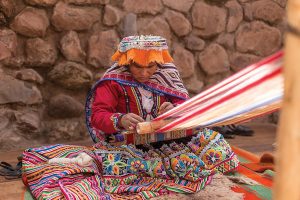





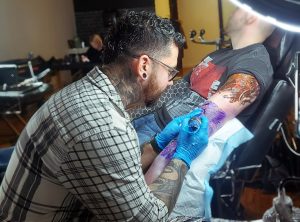
Be First to Comment